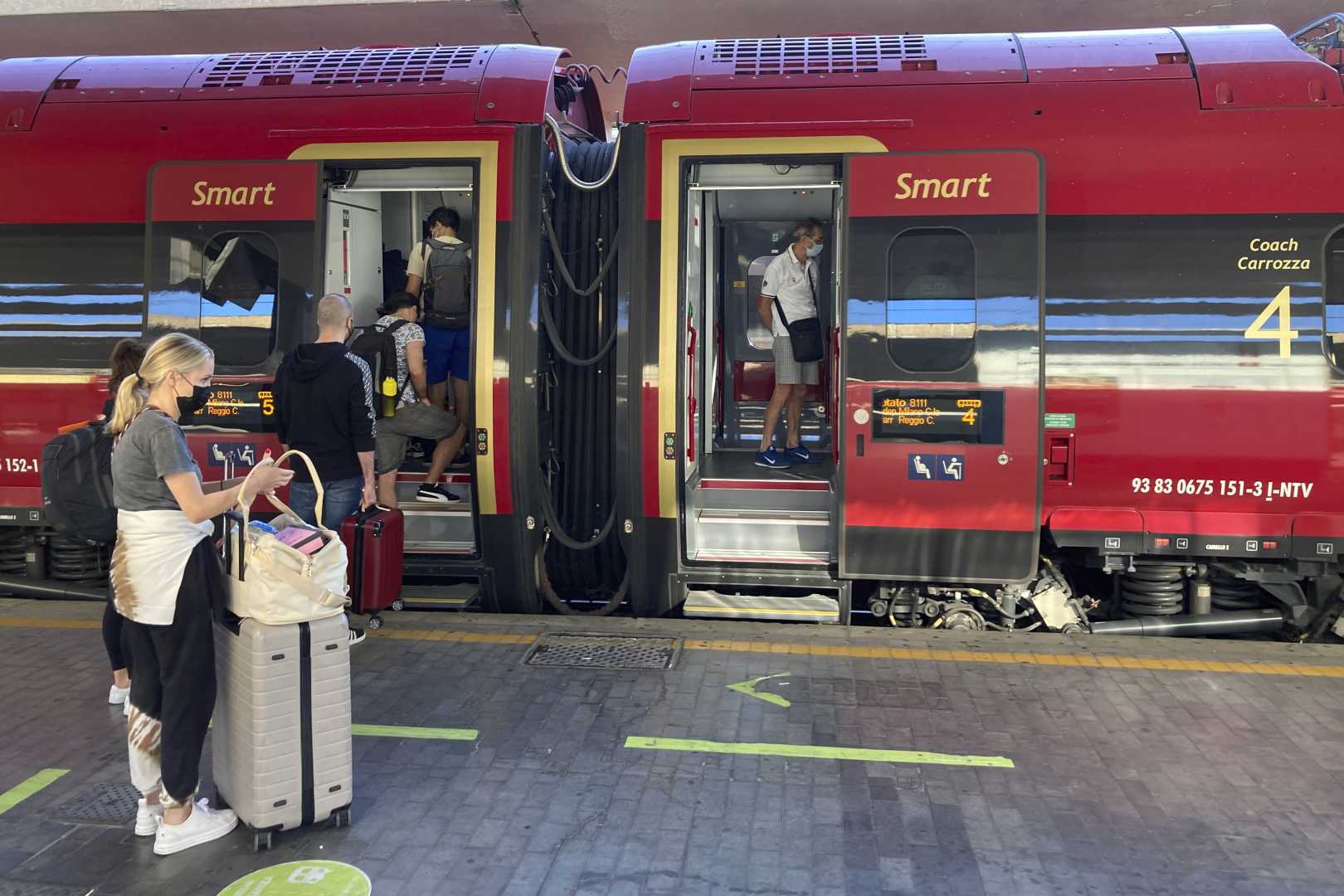News
Calabrian Mayors Protest High-Speed Rail Funding Cuts

ROME, Italy — Calabrian mayors have launched a scathing critique of the Italian government’s handling of the Salerno-Reggio Calabria high-speed rail project, accusing officials of diverting funds and abandoning the region’s infrastructure needs. The mayors, led by Franz Caruso of Cosenza, held a press conference in Rome on January 14, 2025, to demand transparency and action.
“The high-speed rail today stops at Praja, or rather at Lagonegro,” Caruso declared, referring to the truncated route that has left Calabria without a modern rail connection. The mayors argue that the existing rail line is unreliable, citing recent disruptions caused by severe winds as evidence of its inadequacy. They are calling for a new infrastructure dedicated to high-speed passenger and freight services.
The controversy centers on the project’s funding and route changes. Originally, the rail line was planned to extend to Tarsia, but groundwater issues forced a redesign. The revised plan, which stops at Praja, has been downgraded from a high-speed line to an upgrade of the existing infrastructure. Caruso criticized the government for “a grave theft” of resources from Calabria and southern Italy, emphasizing the region’s long-standing neglect.
Railway operator RFI confirmed that the Praja-Tarsia route is “unfeasible” due to technical challenges, while the Ministry of Infrastructure and Transport (MIT) defended the project, stating that alternative routes would incur unjustifiable costs and delays. However, the mayors remain unconvinced, describing the proposed Praja-Paola route as “unacceptable” due to its environmental impact and visual disruption.
The MIT, led by Minister Matteo Salvini, outlined the project’s progress, noting that the first phase from Battipaglia to Romagnano is fully funded and underway. Subsequent phases, totaling 8 billion euros, are partially financed through the National Recovery and Resilience Plan (PNRR). Despite these assurances, the mayors and their technical advisors, including university professors and transportation experts, argue that the current plan fails to address Calabria’s needs.
Elisa Scutellà, a Five Star Movement MP, echoed the mayors’ concerns, accusing the government of misleading the public with false promises. “The government is playing games with the people of Calabria,” she said, referencing delays in reopening the Jonica railway line. Scutellà has submitted a formal inquiry to the government, demanding clarity and accountability.
The dispute highlights broader tensions over infrastructure development in southern Italy, where projects often face delays, budget overruns, and political disputes. As Calabrian mayors vow to continue their fight, the future of the Salerno-Reggio Calabria high-speed rail remains uncertain.












